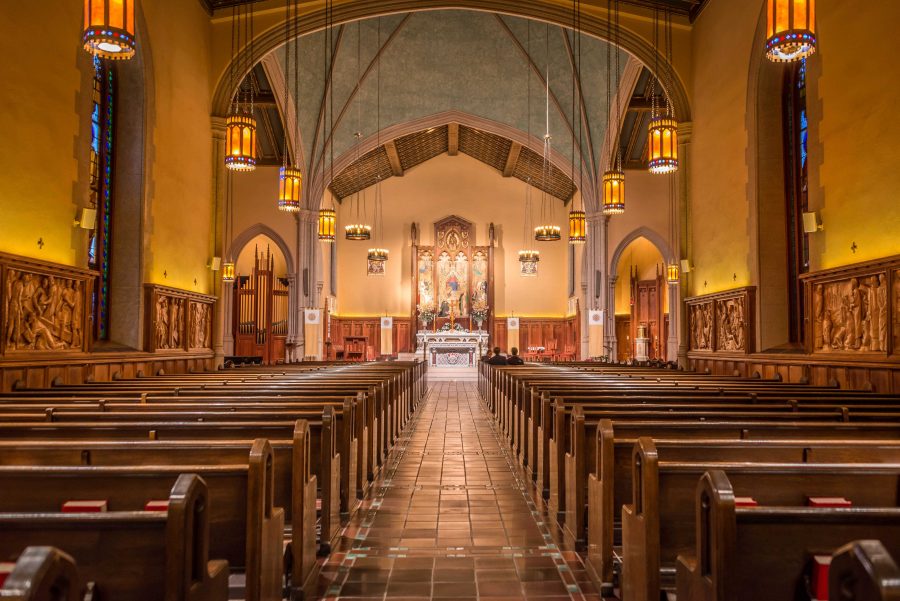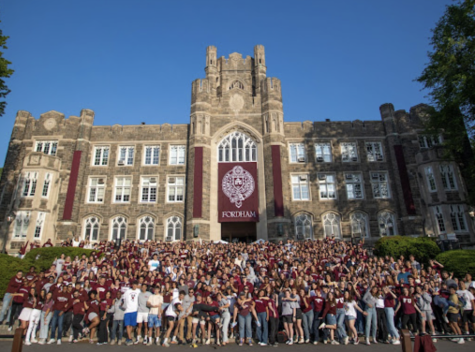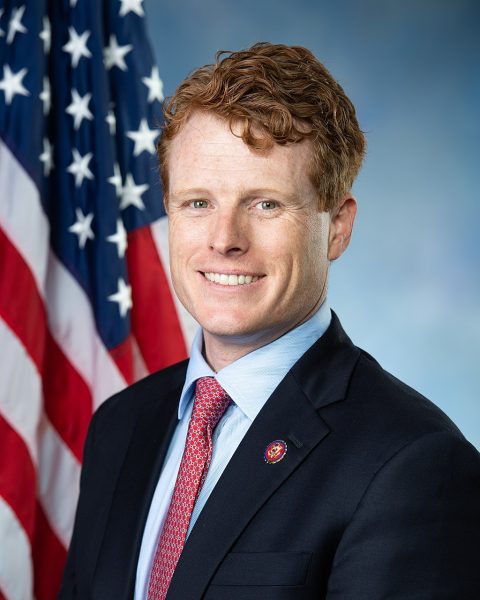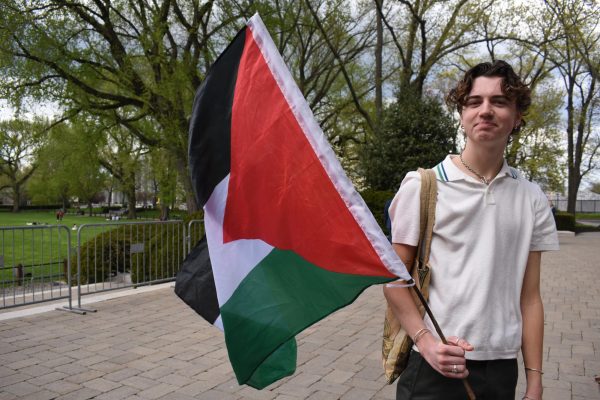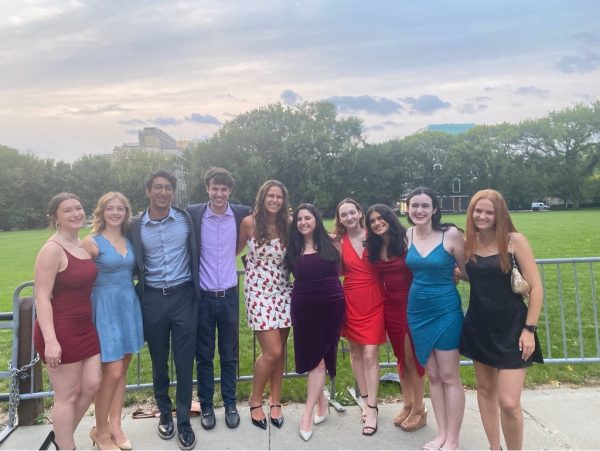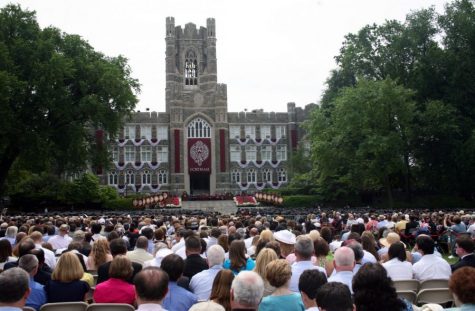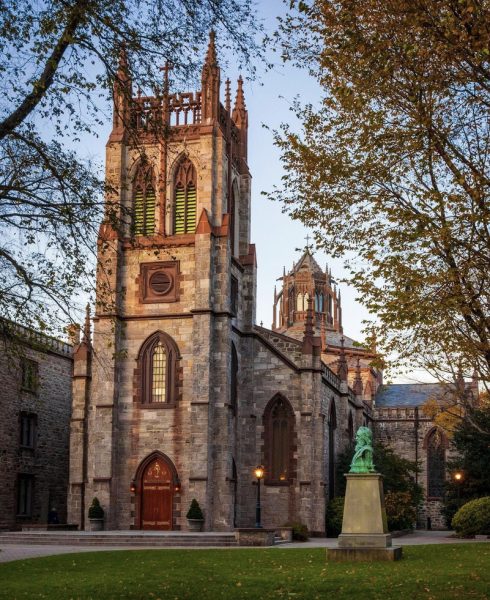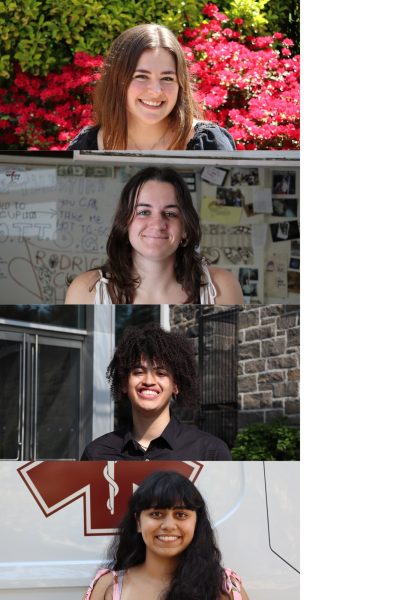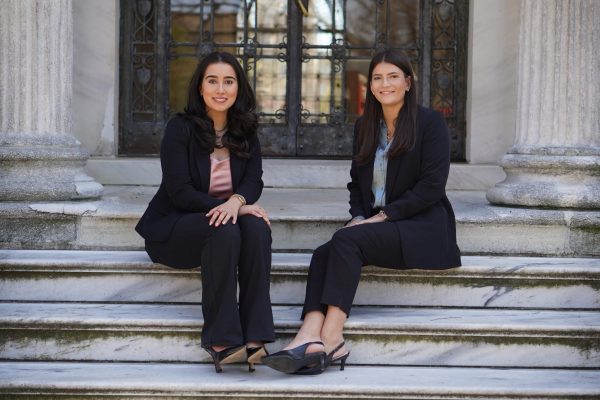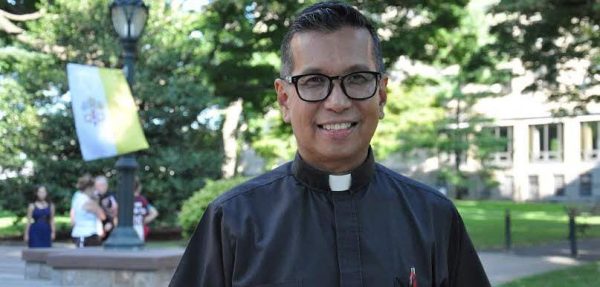Could the Next President be a Lay-Person?
On Sept. 2, 2021, Rev. Joseph M. McShane, S.J., President of Fordham University, announced in an email to the Fordham community that this will be the last academic year he serves in his position. Roughly a month later, on Sept. 30, 2021, Fordham’s Board of Trustees announced in an email to the university community that a search committee for the next president of the university has been appointed.
“The committee, composed of trustees, faculty, staff, and students, is broadly representative of the Fordham Community,” the board announced in their email.
The search for the next president of the university is raising many questions among students and faculty about the possibility of Fordham’s next president being a lay-person, possibly even a woman. According to the Fordham University library guides, every one of Fordham’s past 33 presidents has been a member of the Society of Jesus, dating back to the founding of the university in 1841. The choice to appoint a lay-person, especially a woman, to the position of president would be historically unprecedented, as well as potentially controversial
According to Xavier University’s “Guide to Jesuit Education,” the foundation of Jesuit universities are “based on a 450-year-old tradition that aims to form high school and college students intellectually, morally, and spiritually toward lives of solidarity, service, and professional success.” Moreover, Jesuit institutions are known and recognized for being directed by members of the Society of Jesus. The major values promoted by a Jesuit education include “cura personalis, discernment, finding God in all things, Magis, reflection, service rooted in justice and love, solidarity and kinship,” according to the guide.
Furthering the debate, students and faculty question whether or not a lay-person would be capable of effectively leading the university in its Jesuit mission as the next president of Fordham University. Julianna Cavallaro, FCRH ‘22, said, “I’d be open to Fordham having a lay person as the next president, as long as the Jesuit ideals are still maintained because they are so foundational to our identity.”
While Fordham is a Jesuit institution instilled with a deep tradition of religious values, the student body is made up of students from a wide variety of spiritual backgrounds. As a non-religious student, Olivia Goldberg, GSB ‘22, said that while she “respect[s] the Jesuits and understand[s] the traditional value they bring to the school,” she does not feel “especially tied to the Jesuit community here.”
“If the president of Fordham was someone who all students could better relate to, or if s/he has a background that is more strongly rooted in broader education (rather than religious education), I think this would be a more representative leader of the students at Fordham,” said Goldberg.
If the Fordham search committee were to appoint a lay-person as the next president, they would not be the first Jesuit institution to do so. According to an article in The Cincinnati Enquirer, there are currently “15 lay presidents and three female presidents across the nation’s 26 other Jesuit, Catholic universities,” including Xavier University’s recent appointment of female president Colleen Hanycz, Ph.D.
According to the article “Do we need priests to run Catholic Colleges” in U.S. Catholic, the transition to appoint lay-people as presidents of Jesuit institutions stems back to Georgetown University’s naming of John J. DeGioia as the first lay president of the university. This appointment initially sparked protest among “some Jesuits and Georgetown graduates who felt it represented a major breach with tradition,” according to the article. However, the decision was later favored by many who felt that DeGioia’s fundraising abilities and commitment to social justice reflected his ability to be a successful president.
According to the article “Meet the women leaders who are transforming Jesuit higher education,” in American Magazine, other universities who have appointed laywomen as presidents include Linda LeMura at LeMoyne College, Jo Ann Rooney at Loyola University Chicago and Tania Tetlow at Loyola University New Orleans. In the article, author Emma Winters highlights the challenges faced by universities today including “prepar[ing] students for a diverse job market while maintaining a free exchange of ideas,” as well as being “diverse and inclusive” and “keep[ing] a college affordable and accessible while providing the best education possible.”
Luke Corrado, GSB ’22, said he believes that “leaders should be appointed based on their qualifications and abilities.” He told The Ram that he “trusts the presidential search committee to appoint the most qualified person regardless of race, gender, religion, or sexual orientation.”
The many factors that must be considered when making this decision are all challenges that Fordham’s search committee will face in the coming months as they begin the process to select McShane’s successor. According to the board of trustees, the search committee expects to announce its choice for the position by early 2022.

